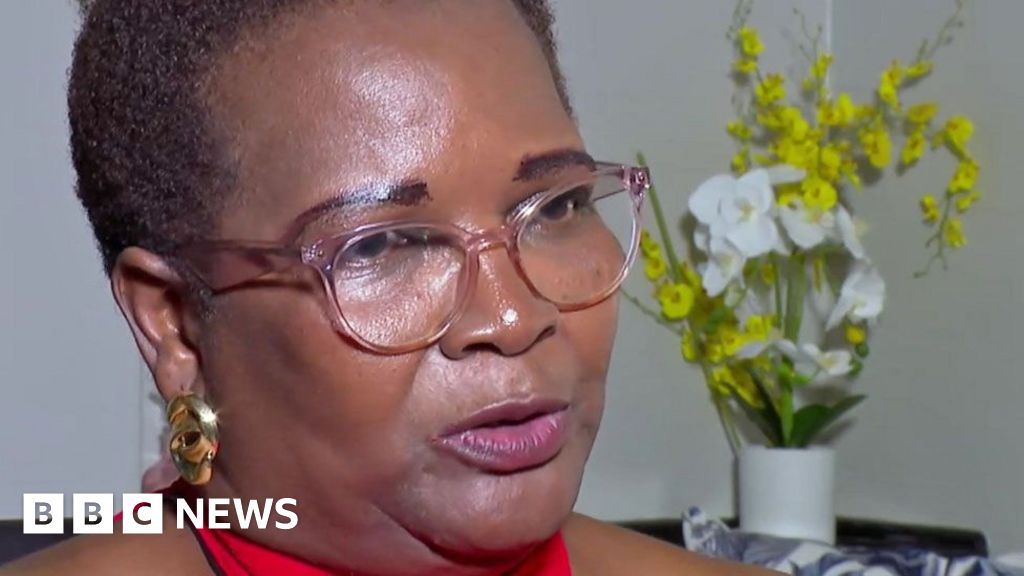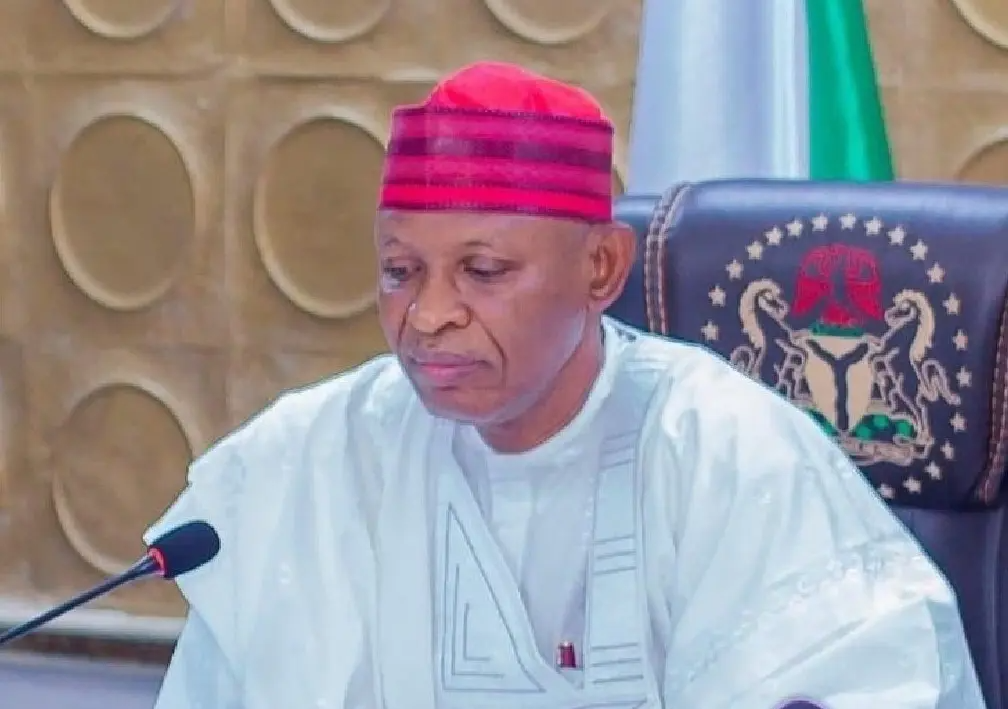The Federal Government has inaugurated the Presidential Food Systems Coordination Unit, PFSCU, to tackle the incessant hardship in the country.
Vice President Kashim Shettima who inaugurated the unit at the Presidential Villa in Abuja, on Friday, said it is part of the Tinubu administration’s plan to curb hunger.
The presidency has also collaborated with the states, development partners and other critical stakeholders to address the hike in prices of commodities and widespread food insecurity in the country.
Shettima while addressing the members and stakeholders emphasized the urgency of the situation saying, “The nation is facing a rare food security crisis and the sooner we come to terms with the reality, the better.
“Food insecurity endangers the very basis of our democratic experiment and this is why all hands have to be on deck. We are in a food security crisis but it also provides us the opportunity to re-engineer and reposition the nation on a firmer footing”.
The vice president highlighted the mandate of the PFSCU, noting that the unit was not created to usurp the functions of the Ministry of Agriculture.
He explained that the urgency and seriousness of the matter at hand require the ideas and resources of all stakeholders.
Speaking earlier, governors on the committee outlined plans to modernise farming practices, increase crop yields, and transform Nigeria into a self-sufficient food producer.
Governor Bassey Otu of Cross River said his state is looking to feed the country, adding that his government must modernize agriculture to feed the population.
“We are an agrarian state, and we have stepped up our game,” Governor Otu noted.
On his part, Borno State Governor, Babagana Zulum, emphasised the need for a coordinated approach, citing low productivity and population growth as a major challenge to the nation’s food security drive.
He called for investment in commercial agriculture, improved funding, and enhanced security for farmers.
Also, Niger State Governor, Mohammed Bago, suggested his state as a pilot for the President’s food security initiative.
He claimed that Niger has invested over N100 billion in agricultural mechanization, with 5,000 tractors and twenty pilot irrigation systems available.
















 English (US) ·
English (US) ·